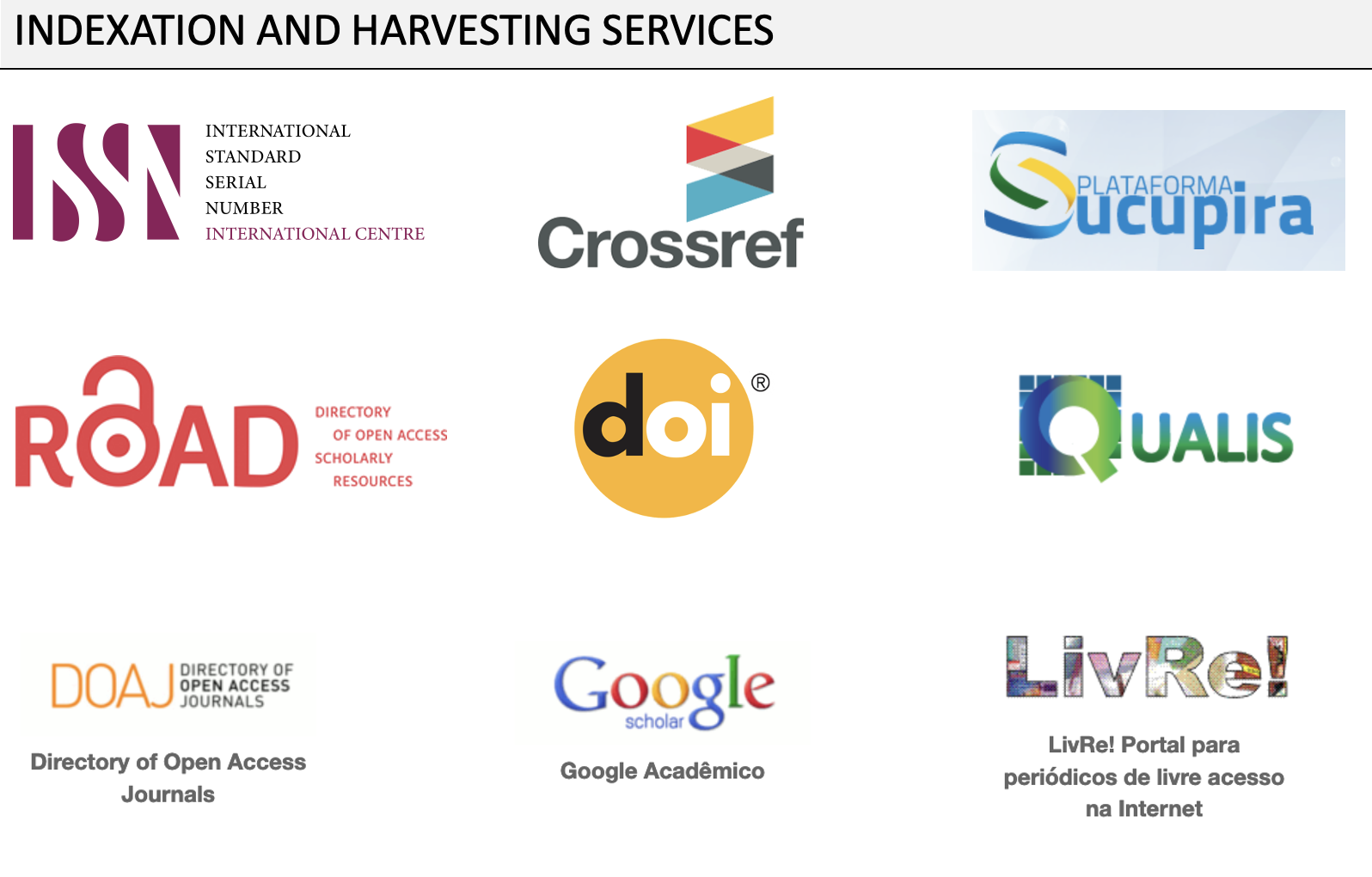Towards the Non-Mertonian Ethos of a Non-Mertonian Science: Situating the Research Value of Openness
DOI:
https://doi.org/10.5380/nocsi.v0i6.95879Keywords:
open science, Robert K. Merton, Covid 19, research values, scientific integrity, research assessmentAbstract
It is hard to disagree with the thrust of René von Schomberg’s position paper. It is driven by the worry that current conceptions of “open science” are all too impoverished – that they need to be complemented by the social practice of “mutual responsiveness”. In terms of political theory or notions of democracy, on the one hand, in terms of socially relevant research practice, on the other hand, only an ambitious commitment to open science will be robust enough to make a difference and contribute to the solution of pressing problems. In contrast, it is paying lip service only to the ideal of openness when “open science” becomes reduced to “open access publishing” or data storage rituals. As von Schomberg shows, this might actually deepen disparities and redundancies within dysfunctional science.
References
Beck, U., Giddens, A., & Lash, S. (1996). Reflexive Modernisierung. Frankfurt: Suhrkamp.
Gibbons, M.; Limoges, C., Nowotny, H., Schwartzman, S., Scott, P., & Trow M. (1994). The New Production of Knowledge: The Dynamics of Science and Research in Contemporary Societes. London: Sage.
Habermas, J., 1984. The Theory of Communicative Action (volume 1). Boston, Beacon.
Hertz, H. (1894). Die Prinzipien der Mechanik in neuem Zusammenhange dargestellt. Leipzig: Barth.
Medawar, P. (1996). Is the Scientific Paper a Fraud? In: P. Medawar The Strange Case of the Spotted Mice and other classic essays on science (p. 33-39). New York: Oxford University Press.
Merton, R.K. (1973). The Sociology of Science: Theoretical and Empirical Investigations. Chicago: University of Chicago Press.
Schäfer, W. ed. (1983). Finalization in Science: The Social Orientation of Scientific Progress. Dordrecht: Springer.
Shapin, S. (2008). The Scientific Life: A Moral History of a Late Modern Vocation. Chicago: University of Chicago Press.
Von Schomberg, R. (2024). Towards a New Ethos of Science or a Reform of the Institution of Science? Merton Revisited and the Prospects of Institutionalizing the Research Values of Openness and Mutual Responsiveness. NOvation – Critical Studies of Innovation, VI (2024), pp. 1-33.
Weber, M. (1946). Science as a Vocation. In H.H. Gerth & C. Wright Mills (eds.) From Max Weber: Essays in Sociology (p. 129-156). New York: Oxford University Press.
Ziman, J. (2000). Real Science: What It Is, and What It Means. Cambridge: Cambridge University Press.
Downloads
Published
How to Cite
Issue
Section
License
Copyright (c) 2024 Alfred Nordmann

This work is licensed under a Creative Commons Attribution-NonCommercial-ShareAlike 4.0 International License.
NOvation is an open-access journal under a Creative Commons – CC Attribution-NonCommercial-ShareAlike 4.0 license, which allows others to share the work with an acknowledgement (and preservation) of the author's authorship and intellectual property rights.
To this extent, the authors who publish in this journal agree with the following terms:
1. Authors retain the rights and grant the journal the right of first publication, with the work published under the Creative Commons – CC Attribution-NonCommercial-ShareAlike 4.0 that allows [...].
2. Authors have authorization for distribution, of the version of the work published in this journal, in an institutional repository, thematic, databases and in other works as a book chapter, with acknowledgement of authorship and initial publication in the journal;
3. Papers published in this journal will be indexed in databases, repositories, portals, directories and other sources in which the journal is and will be indexed.
Ethical Responsibilities of Authors
This journal is committed to upholding the integrity of the scientific record.
Consent to submit has been received explicitly from all co-authors, as well as from the responsible authorities – tacitly or explicitly – at the institute/organization where the work has been carried out, before the work is submitted.





